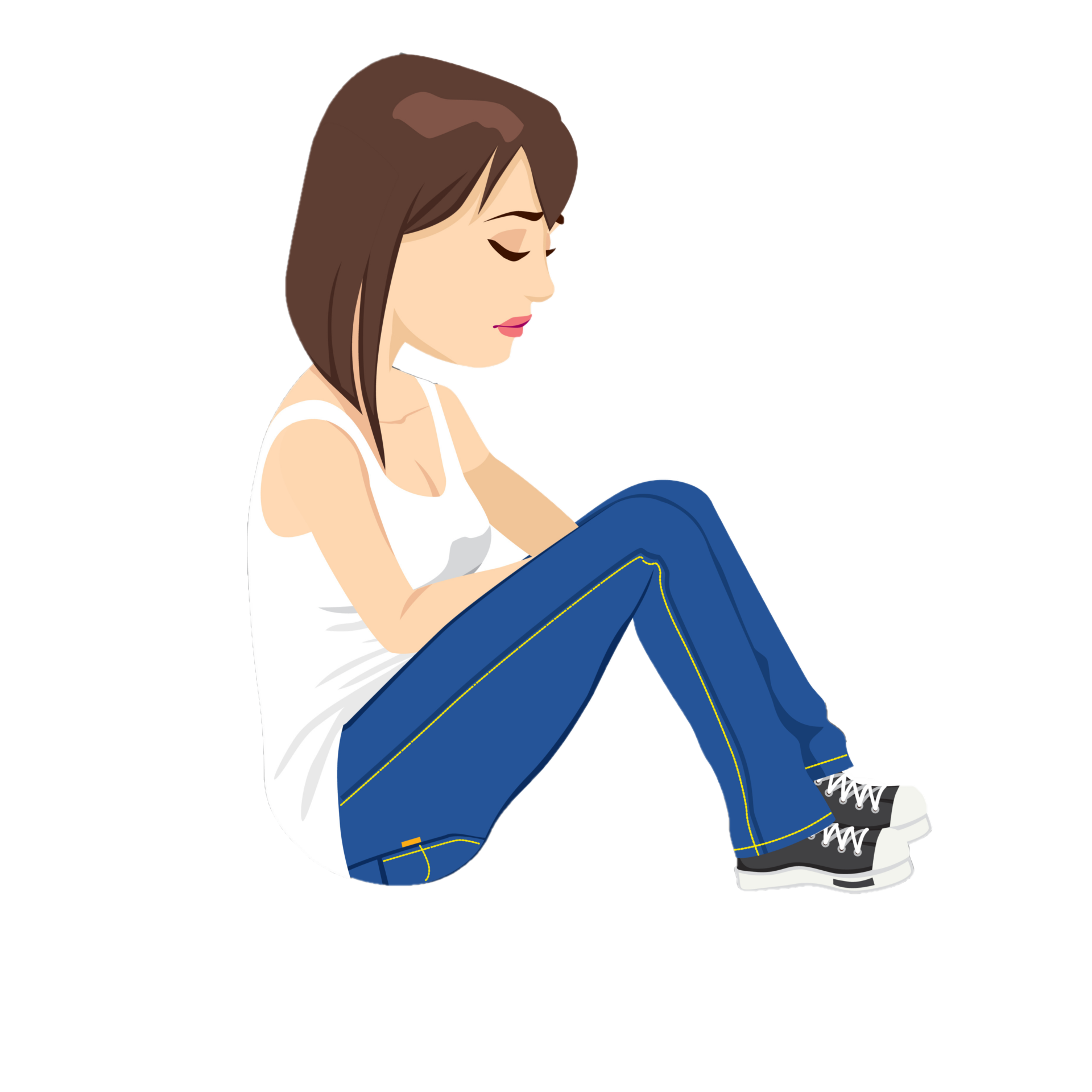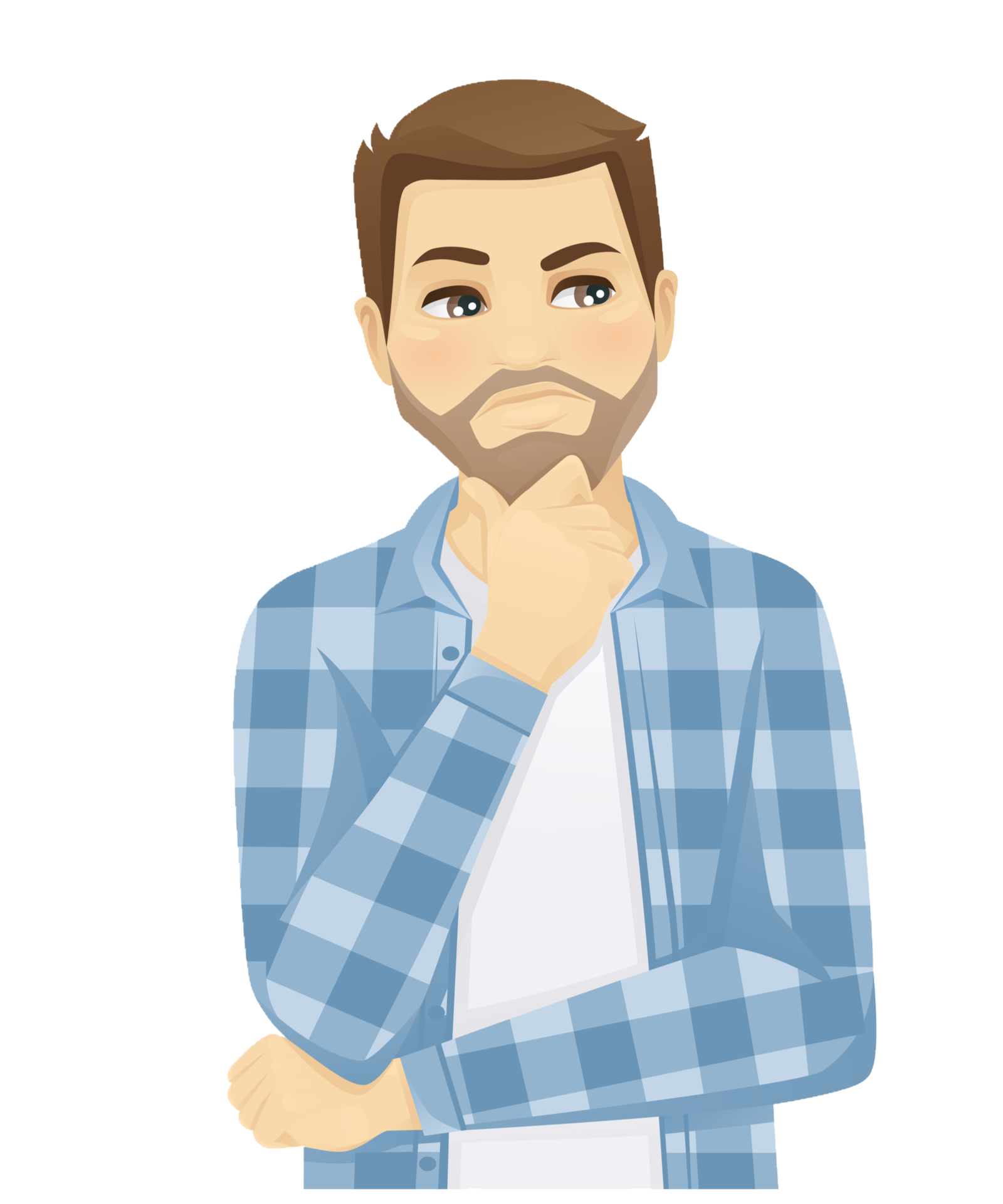What is hidden harm?
Pressures arising from periods of social isolation and lock down have increased the potential of harm to children and young people, including:

- mental health
- exploitation, which includes online activity and other forms of abuse and harm which can include from peers
- domestic abuse
- substance misuse
Some children and young people are not seeing teachers and school staff every day, and may not have the face-to-face interaction with healthcare professionals, social workers or support structures they may have normally. This means that children and young people may be suffering hidden harm if they need support or are at risk of/experiencing abuse or neglect.

What can I do?
Safeguarding is everyone’s responsibility!
Everyone across the county are being urged to be vigilant to the harm endured by children and young people during lockdown and to report any concerns they might have.
The Covid-19 pandemic and resulting lockdowns have placed increased importance on parents, carers, families, friends, those working with children and young people, and communities to ensure that they are alert to changes in children and young people, safeguarding risks and take appropriate action by reporting any concerns they may have, vigilance against harm endured at home is essential.

How do I know if a child or young person is suffering from hidden harm?
It can be difficult to identify if a child or young person is suffering hidden harm. There are many indicators that a child is suffering from hidden harm. Many of the changes you may observe could be as a result of normal changes children and young people experience when growing up; however, we should always consider the welfare of children and young people and take action to safeguard them if we have a concern.
Possible indicators include:

- Poor school attendance or late arrival, unexplained absence
- Persistently absent from school based virtual learning activities
- Seeing children in places where they shouldn’t be (e.g. during normal school term-time, children and young people not in school)
- Unkempt / dirty / inadequate clothing
- Homework/Home on line learning not done
- Hungry
- Overly tired or poor concentration
- Unexplainable failure / over achieving
- No money
- Having more money, clothes, jewellery or other items that they usually couldn’t afford, such as a new phone
- Appearing overly resilient/competent mature
- Self-harm
- Any warning signs of fabricated and induced illness, female genital mutilation
You may observe unusual or changes in behaviours which can include:
- Becoming unusually withdrawn
- Aggression and increasingly argumentative
- Sudden disrespectful attitude to others
- Become overly demanding to gain attention
- Overly compliant
- Excessively vigilant
- Seeking approval or affirmation constantly
- Poor social relationships, difficulty mixing, compounded by isolation
- Taking unhealthy risks, including with drugs/alcohol/solvents
- Secretive
- Concerns about the individual’s social media and internet usage
- Associating with groups or people that cause concern
- Change in friendship groups and appearance due to new influences, gang-association
- Inappropriate sexualised behaviour

Children and young people may express complex emotions such as:

- Anxiousness
- Sadness
- Being angry
- Being fearful
- Being embarrassed
- Feeling ashamed
- Feeling despair
- Feeling hurt
- Having a low or flat mood
- Feeling numb
- Having feelings of failure
Other possible indications include:
- Low self-esteem
- Avoidance
- Getting upset
- Expressing strong opinions or bravado
- Being sympathetic to and/or expressing views related to extremist ideologies and groups
- Expressing grievance/injustice triggered by racism or discrimination or aspects of Government policy
- Embracing conspiracy theories
- Use symbolism or be in possession of extremist literature
- Failure to get excited about events
- Getting upset around holidays and birthdays
- Taking responsibility for siblings, parents or others
- Child’s illness or health needs which are not witnessed by the professionals

Child Exploitation – Would you know the signs?
Parents are often the first to notice that their child is being exploited. It is so important to act quickly and intervene early if you suspect your child is being exploited.
Listen to some parents whose children have been exploited talk about the changes they noticed in their child.
If I have a concern what should I do?
Anyone can make a referral to the North Yorkshire Multi-Agency Screening Team (MAST) if you are worried about any child and think they may be a victim of neglect or abuse, whether as a member of the public or as a professional.
Please contact us at North Yorkshire Customer Service Centre on 0300 131 2 131. However, if you believe a child or young person is at immediate risk please contact the Police on 999.
For more information click the link at the top of this page or visit:
Where can I go for further support?
There are a number of places you can go for support. Visit:
- Parent Info Section of website (https://chsafeguarding.webc-dev.co.uk/parents-carers/parent-info)
- Online Safety for Parent Page (https://chsafeguarding.webc-dev.co.uk/parents-carers/online-safety)
- Where to go for help Page (https://chsafeguarding.webc-dev.co.uk/parents-carers/further-support)
- Covid-19 page (https://chsafeguarding.webc-dev.co.uk/coronavirus)
- Information on Private Fostering (https://chsafeguarding.webc-dev.co.uk/parents-carers/what-is-private-fostering)
- Worried about a child page (https://chsafeguarding.webc-dev.co.uk/about-us/worried-about-a-child)




 View all our news
View all our news